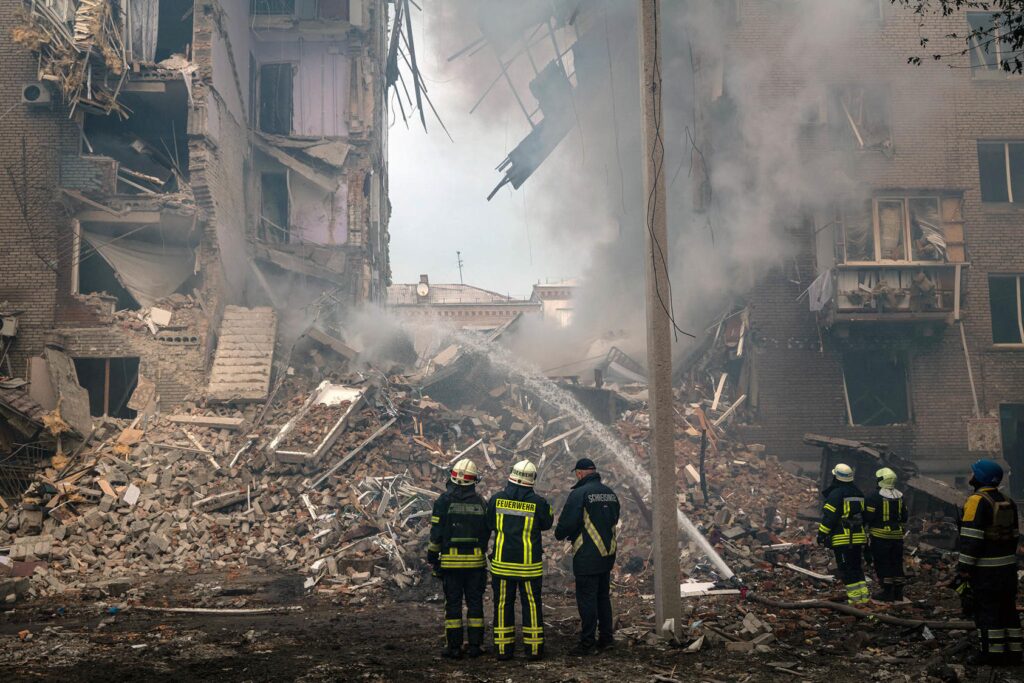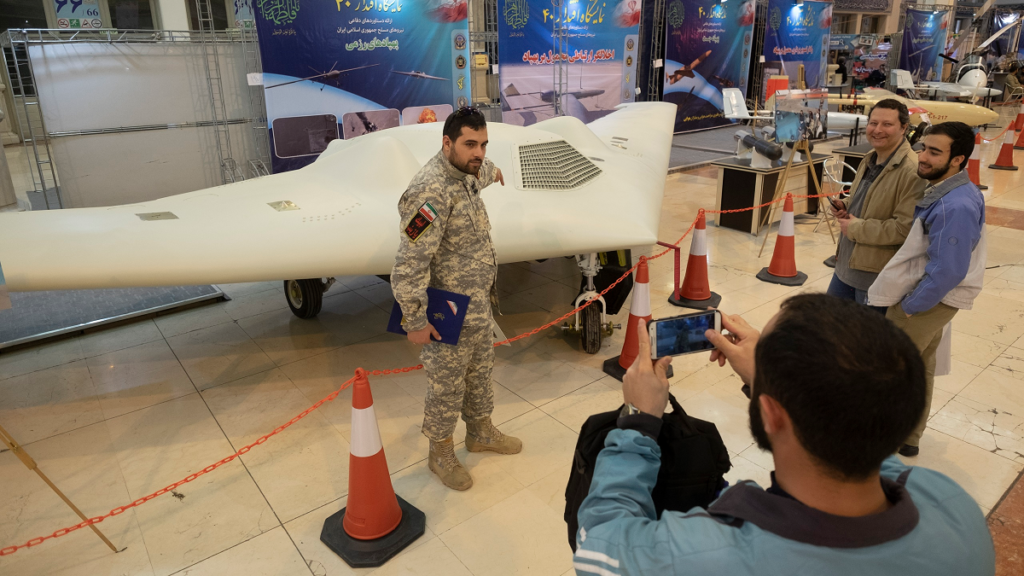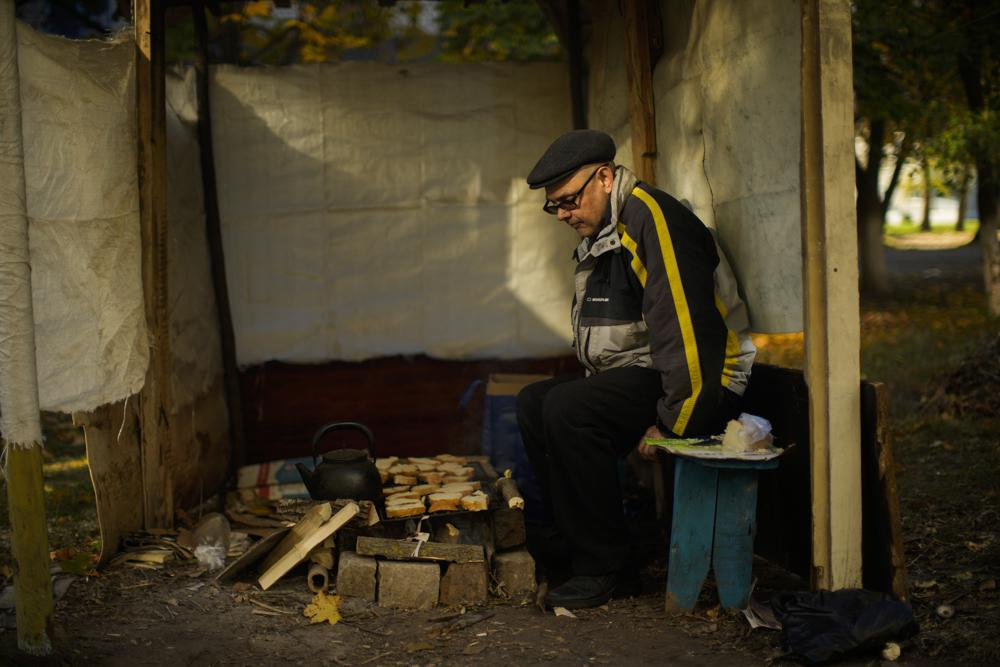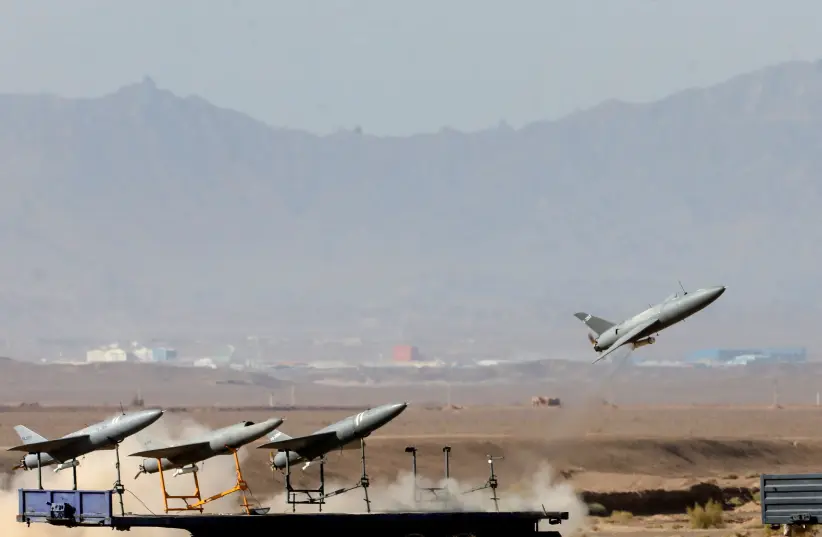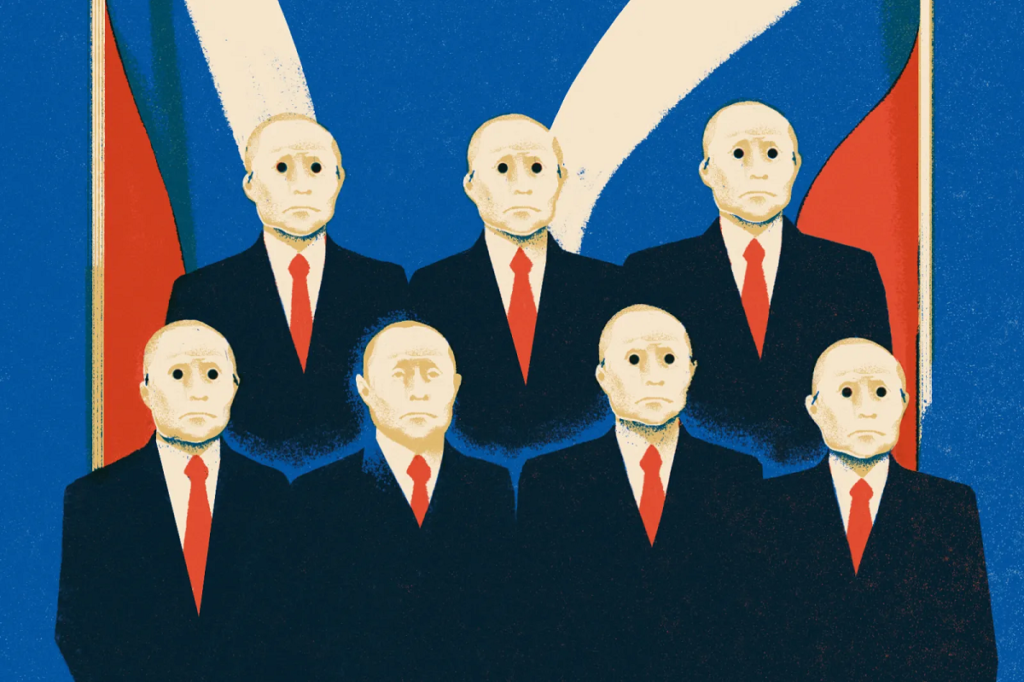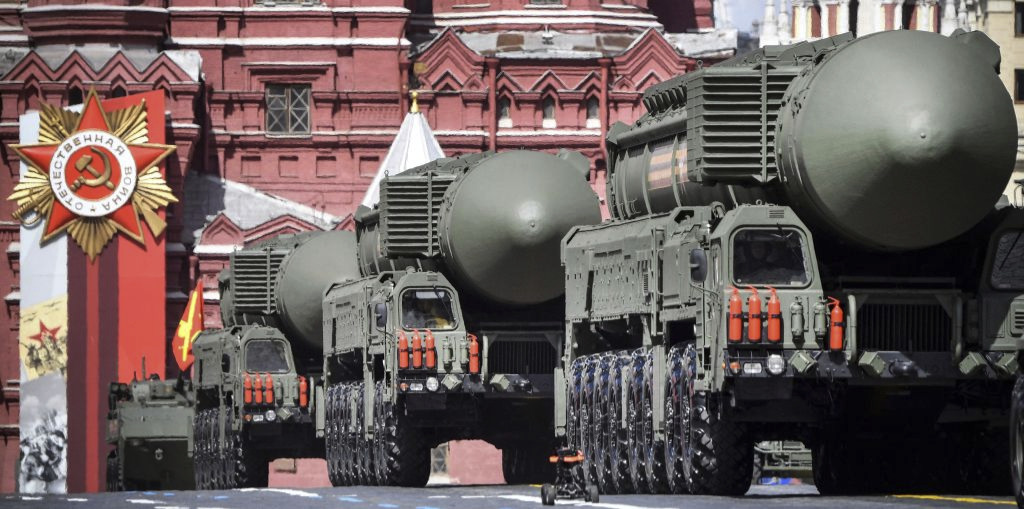Europe Under Control Of US Mafia – OpEd
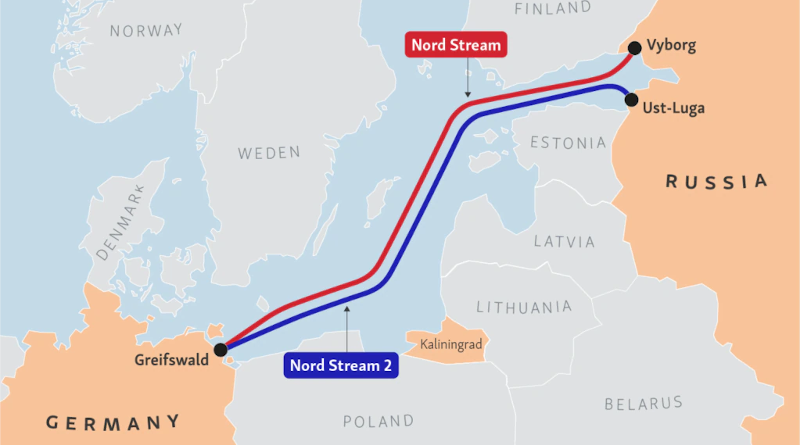
Who benefits from the sabotage of the Nord Stream pipelines which connect Germany to natural gas in Russia? The U.S. has the means, motive, and opportunity and was publicly opposed to the project for many years. Yet the crime victims are strangely silent about identifying the probable perpetrator.“

